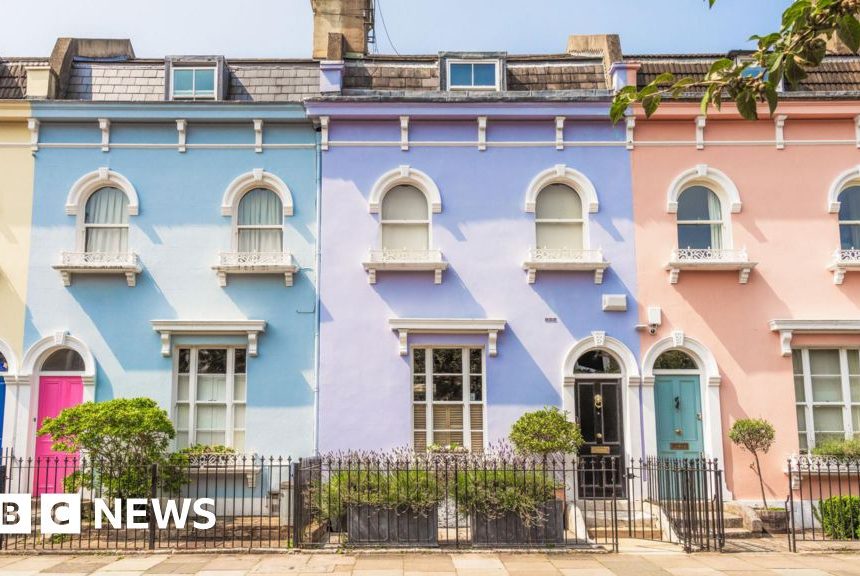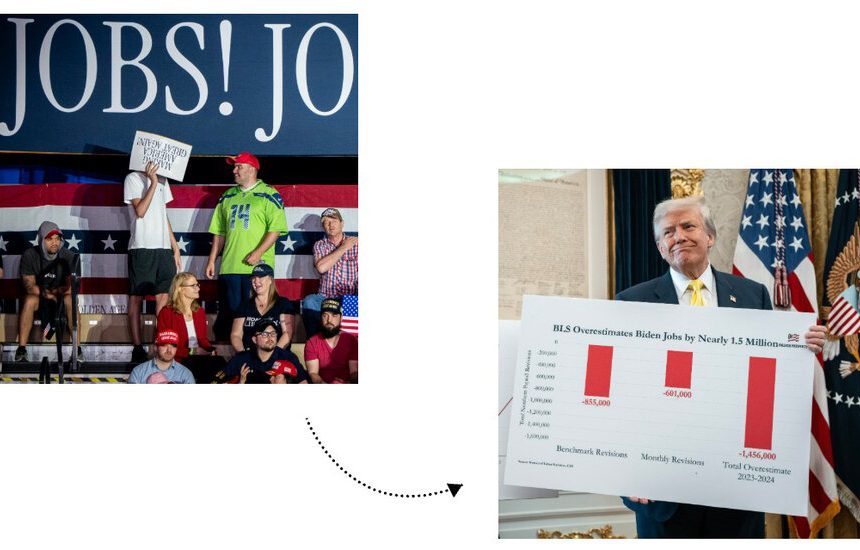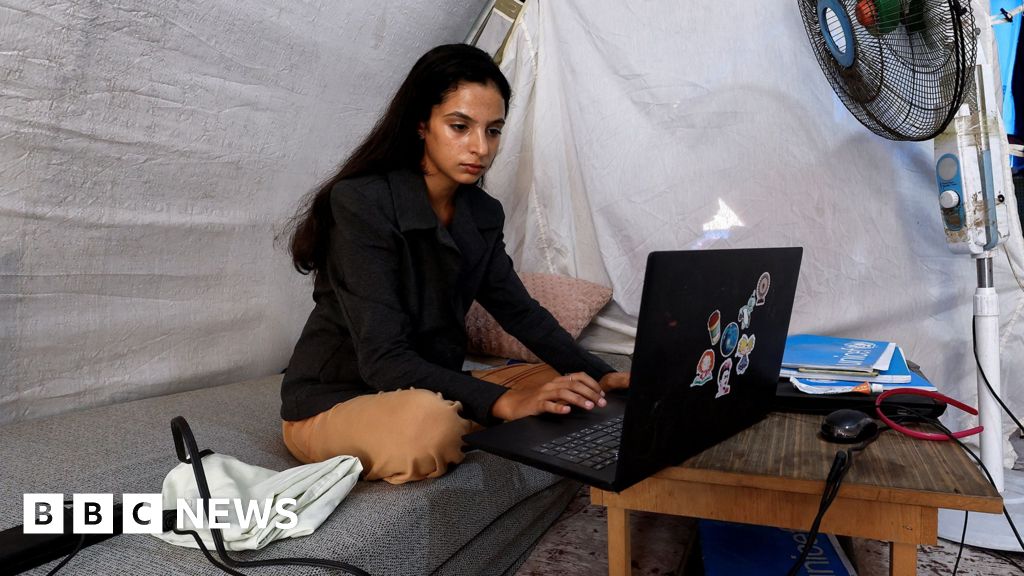Paul SeddonPolitical reporter
Rachel Reeves has suggested she favours removing limits on benefits linked to family size at next month’s Budget.
The chancellor told the BBC it was not right that children in bigger families were “penalised” through “no fault of their own”.
The comments are a sign she could remove the two-child limit on working-age benefits introduced under the Conservatives in 2017.
Some Labour MPs have been calling for a full reversal of the policy, amid reports she was considering paring back payments after two children instead.
In September, the Guardian reported that Treasury officials were considering a tapered approach, under which parents would receive most benefits for their first child and less for subsequent children.
Other options under consideration included limiting additional benefits to three or four children, the newspaper reported.
But speaking to Matt Chorley on BBC Radio 5 Live, Reeves suggested she did not want to see benefits limited according to family size.
“I don’t think that it’s right that a child is penalised because they are in a bigger family, through no fault of their own,” she added.
“And so we will take action on child poverty. The last Labour government proudly reduced child poverty, and we will reduce child poverty as well.”
She added there were “plenty of reasons why” parents who decided to have three or four children could see their financial circumstances change.
Manifesto pledges
Elsewhere in her interview, she all but confirmed the government plans to break Labour’s manifesto pledge at last year’s general election not to raise income tax rates, VAT or National Insurance.
“It would of course be possible to stick with the manifesto commitments. But that would require things like deep cuts in capital spending,” she added.
“What I can promise now is I will always do what I think is right for our country. Not the politically easy choice, but the things that I think are necessary to put our country on the right path,” she added.
Labour’s 2024 election manifesto pledged not to raise the basic, higher, or additional rates of income tax, or National Insurance – prompting a row last autumn when Reeves announced a hike in the contributions paid by employers.
It also promised not to raise Value Added Tax (VAT), a sales tax, although the manifesto did not specify whether this applied to the rates, or which products are subject to the charge.
The chancellor has not ruled out continuing to freeze income tax thresholds beyond the 2028 date fixed by the last government, allowing more people to be dragged into higher bands as their wages rise over time.
Pressed on whether she could have avoided tax hikes through lower public spending, she said she was “not going to apologise” for increased funding for the NHS, adding that reducing waiting lists was one of her three Budget priorities.
She also claimed that some of the spending she unveiled at June’s spending review had been pencilled in, but not properly funded, by the Tories.
‘Same choices’
The two-child cap prevents households on universal or child tax credit from receiving payments for a third or subsequent child born after April 2017.
This is different to child benefit, which is paid to families where the highest-earning parent earns less than £80,000.
Separately, there is also an overall cap on the amount of benefits working-age families can claim, which has been in place since 2013.
The Institute for Fiscal Studies think tank estimates fully reversing the two-child benefit cap could take 630,000 children out of absolute poverty, defined as households with an income below 60% median average, at a cost of £3.6bn a year.
Pressure to ditch the limit increased during the recent Labour deputy leadership contest, where successful candidate Lucy Powell and runner-up Bridget Phillipson both indicated they favoured more action on child poverty.
Reform UK is pledging to scrap the limit for working British couples if it wins power, although the Conservatives say the cap should remain in place, forcing a symbolic vote on the issue in the House of Commons in September.
Speaking after the vote, Tory leader said her party believes “those on welfare should have to make the same choices as those who aren’t,” and Labour and Reform were expecting working people to pay for “unlimited handouts”.



